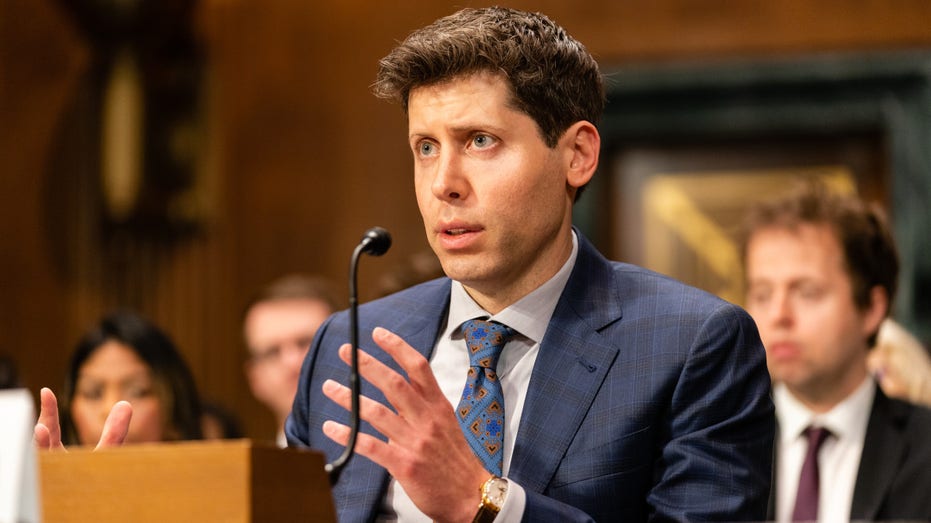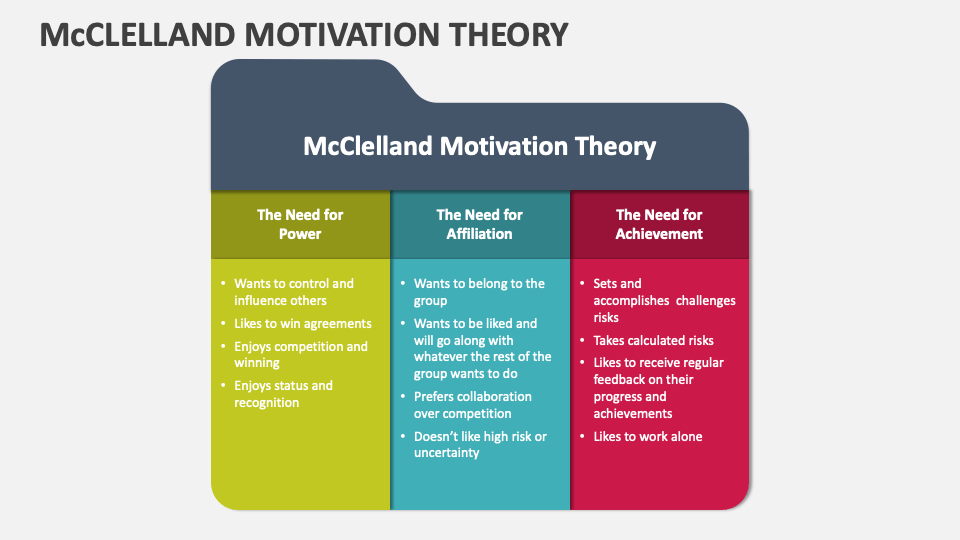OpenAI And ChatGPT: Under The FTC Microscope

Table of Contents
FTC's Concerns Regarding Data Privacy and ChatGPT
The FTC's investigation likely centers on how OpenAI collects, uses, and protects the vast amounts of user data fed into ChatGPT. This data, ranging from personal conversations to sensitive information inadvertently included in prompts, raises significant data privacy concerns. The core question is whether OpenAI's practices comply with existing data privacy regulations like the General Data Protection Regulation (GDPR) in Europe and the California Consumer Privacy Act (CCPA) in the United States.
Key areas of scrutiny likely include:
- Unauthorized Data Collection and Misuse: The FTC is investigating whether OpenAI is collecting and using user data beyond what is explicitly stated in its privacy policy. Concerns exist about the potential for misuse of this data, including its sale to third parties or unauthorized access by malicious actors.
- Compliance with Data Privacy Regulations: Meeting the stringent requirements of GDPR and CCPA, which grant individuals significant control over their personal data, is paramount. OpenAI's ability to demonstrate compliance with these regulations will be a key factor in the FTC's assessment.
- Data Security and Information Security: The FTC will examine OpenAI's security measures to prevent data breaches and unauthorized access to user data. Robust security protocols and incident response plans are crucial to mitigating risks.
Bullet Points:
- Potential violations related to the handling of children's data under COPPA (Children's Online Privacy Protection Act).
- Lack of transparency regarding data usage practices, making it difficult for users to understand how their data is being utilized.
- Inadequate security measures resulting in vulnerabilities that could lead to data breaches and compromise user privacy.
Algorithmic Bias and Fairness in ChatGPT
Another significant area of FTC concern is the potential for algorithmic bias embedded within ChatGPT's algorithms. The vast datasets used to train large language models like ChatGPT can reflect and amplify existing societal biases, leading to discriminatory outcomes. The FTC's investigation will likely examine OpenAI's efforts to mitigate and address these biases, ensuring fairness and equity in ChatGPT's outputs.
Key aspects of this scrutiny include:
- Identifying and Mitigating Bias: The FTC will assess OpenAI's methods for detecting and correcting biases in ChatGPT's responses. This involves analyzing the training data, the model's outputs, and the development of mechanisms to identify and rectify biased patterns.
- Ensuring Fairness and Equity: The investigation will examine whether ChatGPT consistently delivers fair and unbiased results across different demographic groups and contexts. The challenge lies in achieving complete fairness in a complex AI system that learns from vast and diverse data sources.
Bullet Points:
- Examples of biased outputs generated by ChatGPT, such as perpetuating stereotypes or exhibiting discriminatory tendencies.
- OpenAI's methods for identifying and correcting biases, including data curation, algorithm adjustments, and human oversight.
- The inherent challenge of achieving complete fairness in AI systems, acknowledging that complete eradication of bias may be impossible.
Consumer Protection and Misinformation Concerns with ChatGPT
The potential for ChatGPT to generate misleading or false information presents a significant consumer protection concern. The FTC's investigation will likely focus on OpenAI's responsibility in preventing the misuse of ChatGPT for malicious purposes, including the creation of deepfakes and the spread of misinformation.
Key aspects under scrutiny include:
- Preventing Malicious Use: The FTC will examine OpenAI's efforts to prevent the generation of harmful content, including deepfakes, propaganda, and other forms of disinformation. This involves developing mechanisms to detect and filter such content, as well as educating users about the potential risks.
- Addressing Misinformation and Disinformation: The investigation will address the broader impact of ChatGPT on the spread of misinformation and its potential to harm individuals and society. OpenAI's role in mitigating this risk will be a key focus.
Bullet Points:
- Examples of how ChatGPT could be used to create deepfakes or spread propaganda, highlighting the potential for harm.
- OpenAI's efforts to detect and prevent the generation of harmful content, such as through content filtering and moderation techniques.
- The importance of responsible disclosure of potential risks associated with ChatGPT, allowing users to make informed decisions about its usage.
The Broader Implications of the FTC Investigation for the AI Industry
The FTC's investigation of OpenAI and ChatGPT sets a critical precedent for future AI regulation, impacting not only OpenAI but the entire AI industry. It underscores the growing need for robust ethical guidelines and industry standards for AI development.
Key implications include:
- Increased Regulatory Scrutiny: The investigation will likely lead to increased regulatory scrutiny of other generative AI models and AI companies. Companies will need to proactively address data privacy, algorithmic bias, and consumer protection concerns.
- Establishing Industry Standards: The FTC's actions highlight the need for the AI industry to develop and implement robust ethical guidelines and industry standards for AI development and deployment. This involves promoting transparency, accountability, and responsible innovation.
- Evolving Legal Frameworks: The outcome of the investigation will likely influence the development of new legal frameworks for governing AI, shaping the regulatory landscape for years to come.
Bullet Points:
- Potential for increased regulatory scrutiny of other generative AI models, such as DALL-E 2 and Stable Diffusion.
- The need for greater transparency and accountability in the AI industry, ensuring that companies are responsible for the impact of their AI systems.
- The development of new legal frameworks for governing AI, balancing innovation with consumer protection and ethical considerations.
Conclusion
The FTC's investigation of OpenAI and ChatGPT highlights the critical need for responsible AI development and robust regulatory frameworks. The outcome will have significant implications for the future of AI, influencing not only OpenAI but the entire industry's approach to data privacy, algorithmic bias, and consumer protection. Staying informed about developments in the OpenAI and ChatGPT investigation is crucial for navigating the evolving landscape of AI regulation. Learn more about OpenAI and ChatGPT's compliance efforts and the evolving landscape of AI regulation to ensure your organization is prepared for future changes in AI governance.

Featured Posts
-
 Payton Pritchards Breakout Season The Details Behind His Success
May 11, 2025
Payton Pritchards Breakout Season The Details Behind His Success
May 11, 2025 -
 Ill House U A Deep Dive Into Neal Mc Clellands Latest House Music Offering
May 11, 2025
Ill House U A Deep Dive Into Neal Mc Clellands Latest House Music Offering
May 11, 2025 -
 Upcoming Mntn Ipo What To Expect From Ryan Reynolds Company
May 11, 2025
Upcoming Mntn Ipo What To Expect From Ryan Reynolds Company
May 11, 2025 -
 Sylvester Stallones Dochter Krijgt Complimenten Voor Recente Foto
May 11, 2025
Sylvester Stallones Dochter Krijgt Complimenten Voor Recente Foto
May 11, 2025 -
 Season 41 Of The Challenge Spoilers And Elimination Details
May 11, 2025
Season 41 Of The Challenge Spoilers And Elimination Details
May 11, 2025
